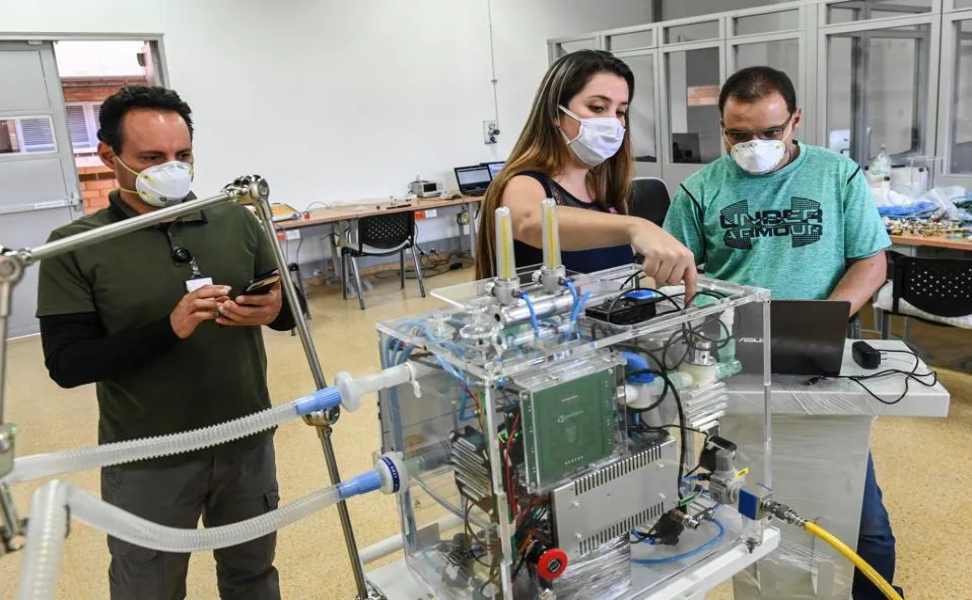Diamondexch9, Diamondexch9 Login, 11xplay Reddy Login: Bioengineering has revolutionized the field of medicine, with innovative technologies offering new solutions to complex medical challenges. One of the most exciting breakthroughs is the development of personalized medicine, where treatments are tailored to an individual’s genetic makeup. This approach allows for more targeted and effective therapies, leading to better patient outcomes and reduced side effects.
Another significant advancement in bioengineering is the creation of bioartificial organs, such as artificial hearts or kidneys. These engineered organs have the potential to alleviate organ donor shortages and provide life-saving treatments for patients in need. With continued research and development in bioengineering, the future of medicine holds promising possibilities for enhancing human health and well-being.
Sustainable Agriculture: Bioengineering for Crop Improvement
As the global population continues to grow, the demand for food is increasing at a rapid pace. To address this challenge, bioengineers have been working on innovative solutions to improve crop productivity and sustainability. Through genetic modifications and advancements in biotechnology, crops can now be engineered to be more resilient to pests, diseases, and environmental stresses.
One of the key benefits of bioengineering in crop improvement is the ability to enhance nutritional content in crops. By introducing genes that increase the levels of essential vitamins and minerals, bioengineers are helping to combat malnutrition and improve the overall health of populations around the world. Additionally, with the development of drought-resistant and salt-tolerant crops, farmers can mitigate the effects of climate change and ensure a more stable food supply for future generations.
� Bioengineers have been working on innovative solutions to improve crop productivity and sustainability
� Crops can now be engineered to be more resilient to pests, diseases, and environmental stresses
� Genetic modifications and advancements in biotechnology play a key role in crop improvement
� Introduction of genes that increase essential vitamins and minerals helps combat malnutrition
� Development of drought-resistant and salt-tolerant crops helps mitigate the effects of climate change
What is bioengineering in the context of sustainable agriculture?
Bioengineering in sustainable agriculture refers to the use of genetic engineering techniques to enhance crop traits such as yield, resistance to pests and diseases, and tolerance to environmental stressors.
How can bioengineering help improve crop sustainability?
11xplay, 11x Play, Mazaplay: Bioengineering can help improve crop sustainability by increasing yield, reducing the use of pesticides and fertilizers, and enhancing the resilience of crops to changing climate conditions.
What are some examples of bioengineered crops?
Some examples of bioengineered crops include genetically modified corn, soybeans, and cotton that have been engineered to resist pests or tolerate herbicides.
Are bioengineered crops safe for consumption?
Numerous scientific studies and regulatory agencies have deemed bioengineered crops to be safe for consumption. However, it is important to continue monitoring and researching the long-term effects of bioengineered crops on human health and the environment.
How can bioengineering benefit small-scale farmers?
Bioengineering can benefit small-scale farmers by providing them with access to crops that are more resilient to pests and diseases, have higher yields, and require fewer inputs such as pesticides and fertilizers.
What are some potential concerns associated with bioengineering in agriculture?
Some potential concerns associated with bioengineering in agriculture include the impact on biodiversity, the development of resistant pests and weeds, and the potential for unintended consequences on the environment.
Feature image source:- https://tinyurl.com/yc2td32x

